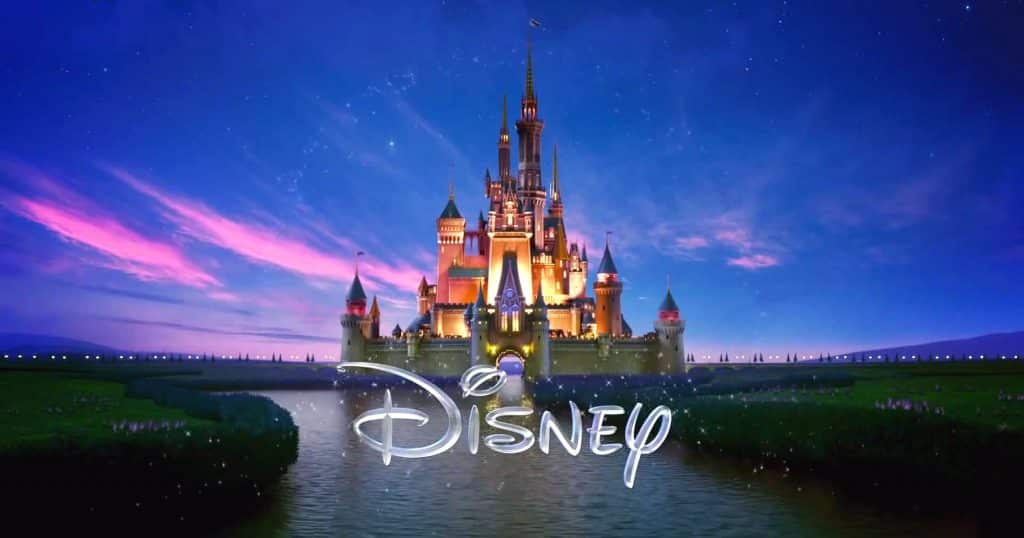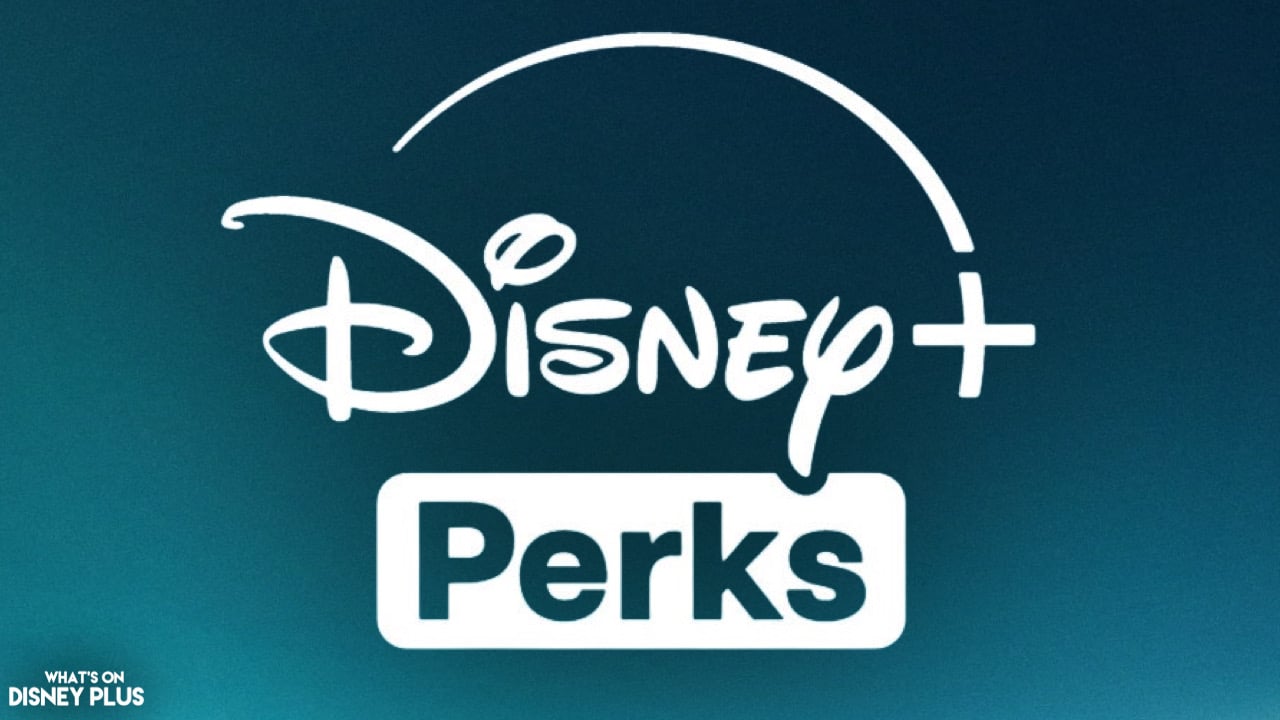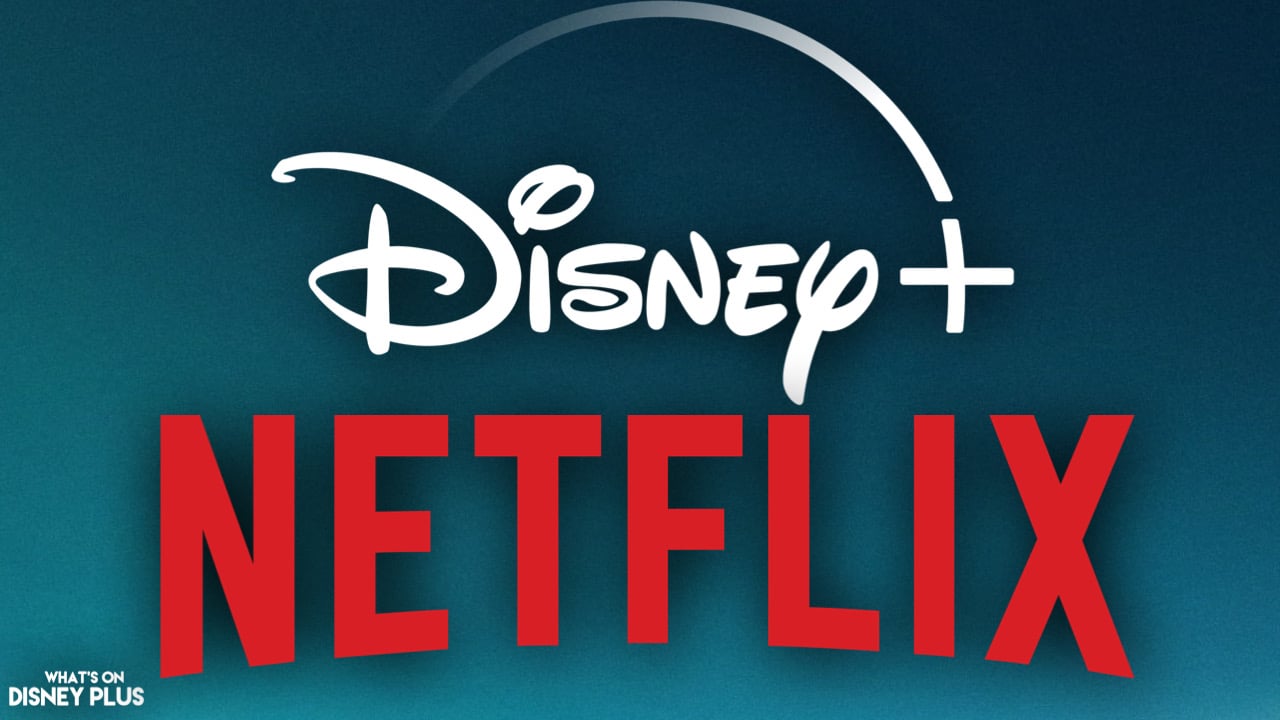
Writer’s Union Wants Anti-Trust Lawmakers To Regulate Disney, Amazon & Netflix
With the Writer’s Guild Of America currently over one hundred days into their strike for better pay and conditions, the relationship between the union and the studios could easily be seen as being a little frosty at the moment. And today, it’s likely there will be more bad blood between the two sides, as today, the Writers Guild of America West (WGAW) released a new report detailing how deregulation and the growing dominance of streaming have laid the groundwork for a media landscape where three companies—Disney, Amazon, and Netflix—are poised to be the new gatekeepers of media.
WGAW Research & Public Policy Director Laura Blum-Smith said in the report:
“Writers forced to strike in this climate should come as a surprise to no one. We’re transitioning from a period of rapid investment and competition that brought about new and diverse content to a monopolistic model that will concentrate control over entertainment programming in the hands of just a few large and powerful corporations. For writers, that means fewer buyers for their work, employers who exert more leverage in individual deal negotiations, and depressed pay and working conditions.”
Disney, Amazon, and Netflix have increased market share and leverage through acquisitions, wielding their control of related markets, and underpricing their services to achieve dominance. Now these three corporations are poised to dominate as media gatekeepers, satisfying Wall Street’s continuing demand for consolidation with an unending cycle of mergers and acquisitions. It is crucial that antitrust agencies and lawmakers take action to protect the future prospect of a more diverse and less concentrated media landscape.
The full report is fifteen pages long and states:
- Disney has grown through a series of multibillion-dollar acquisitions, using its power to reduce film output,
shut down competing studios, foreclose independent content from its distribution networks, expand control of
the labor market, and force creators to give up financial participation in future licensing revenue. - Amazon has gained a sizeable footprint in media in a short time by utilizing the well-documented playbook
critical to its ascendance as a tech company. Through anti-competitive behavior and vertical integration, Amazon
has harmed competitors, privileged its related business, and abused employer leverage to underpay writers. - Netflix was once an innovative competitor, but is now using its position as the largest streaming service in
the world to abuse its leverage as an employer, decrease innovative content spending and raise prices for
consumers. The company has cut out independent producers and severely underpaid writers in multiple areas,
and a series of recent acquisitions signal its intent to further increase dominance and market power in order to
reduce innovative content investment.
Streaming video is now the dominant distribution platform for content, but it is largely unregulated, taking the
problems of vertical integration and media consolidation to the extreme. Streaming’s dominant employers have
used their leverage to erode the sustainability of writing work; further consolidation could result in fewer writers
able to earn a living and diminished variety in the marketplace of ideas. It is crucial that antitrust agencies and
lawmakers take the following actions to protect the future of media:
- Block further consolidation;
- Proactively investigate anti-competitive issues and outcomes; and
- Increase regulation and oversight in streaming
The report calls out Disney as the most powerful legacy media conglomerate, growing through acquisition after
acquisition to establish unparalleled labor market power and a gatekeeper position in streaming. And added:
Disney has plainly demonstrated the strategies it will pursue to gain market power, and the harm that will result from its exercise of that power. In ongoing pursuit of its gatekeeper dominance in streaming, Disney could seek to buy another competing studio or increase its labor market power by acquiring still more valuable intellectual property. The company is poised to control half of the domestic streaming market even before potential acquisitions, with a corresponding level of control over what content gets made and what stories writers can sell to earn a living.
And the WGA West claims Disney, Amazon, and Netflix are positioning themselves as the key gatekeepers of media and its vital marketplace of ideas: the dominant firms who decide what content gets made, what consumers can watch, and how they can watch it. The path to this future will be charted by snowballing consolidation; less creativity, choice, and innovation in content; increased downward pressure on writer pay; and higher prices for consumers. Vertical integration means that players in the entertainment market must have both production and streaming distribution arms to remain competitive, a significant hurdle for new entrants, smaller competitors, and independent producers. Meanwhile, each round of consolidation will cause still more reactive consolidation. Some streamers will exit the market or be bought by others. Paramount, Sony, and Warner Bros Discovery are not likely to remain competitors in scripted online video for much longer, with Wall Street analysts predicting these companies will be candidates for consolidation. Paramount is disadvantaged by a comparative lack of scale, Sony by a lack of vertical integration, and Warner Bros. Discovery appears to be already withdrawing from its investment in HBO Max
The Union wants antitrust agencies and lawmakers to pursue multiple paths to reduce the power the studios are getting, including restricting future mergers and acquisitions, in addition to adding increased regulation and oversight in streaming.
Without a doubt, the streaming wars have fundamentally changed the entertainment landscape. We are likely going to see some more consolation within the streaming market as consumers will only subscribe to so many different packages per month, and many of the smaller studios are either going to get brought out or will simply sell their content to the highest bidder. But releasing this report in the middle of negotiations between the writers and studios to end the strike, is risky.
Do you think streaming businesses need more regulation? Let us know on social media!



